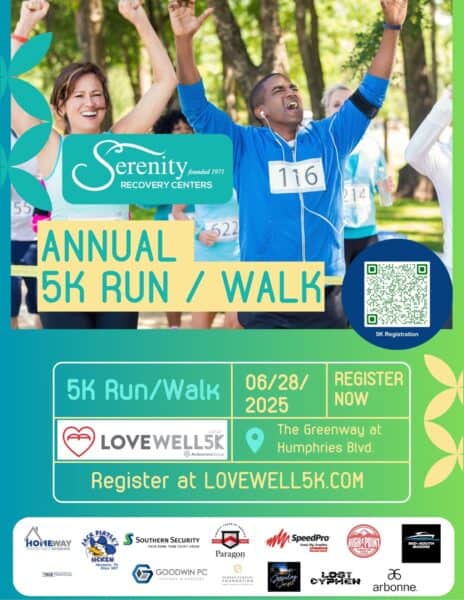How Meditation Can Help With Addiction
When you’re recovering from addiction maximizing your recovery tool kit is always a good idea. If one tool isn’t working for you, then having access to other outlets can be a lifesaver. Meditation is a powerful tool to add to your kit if already haven’t. If you have, but it’s not working for you, sometimes getting a better understanding of how it works can help.
Meditation Creates a “Natural High”
A study published in The American Journal of Psychiatry examined the role of certain brain regions in drug addiction. They found the brain’s “happiness center,” the prefrontal cortex, to be excessively stimulated during intoxication, while incredibly inactive during withdrawal. A 2005 study by Harvard neuroscientist Dr. Sara Lazar showed that people who meditate have significantly more neural density, and overall activity within their prefrontal cortexes.
If you’re fighting addiction, meditating is a great tool that will stimulate and train your brain to be happy and “naturally high,” without the need for addictive substances that make you “feel good.”
Meditation Brainwaves
A study published in The American Journal of Drug and Alcohol Abuse looked at 121 patients enrolled in an inpatient substance abuse program. Participants were given EEG biofeedback training, which is supposed to put the user into a more advanced state of consciousness using alpha & theta waves. After a one year follow up, 77% of patients were completely drug-free. One of the best ways to train your brain and access beneficial alpha and theta brain waves without the cost of biofeedback therapy is through meditation.
Master You Urges with Meditation
Anyone suffering from addiction knows about the powerful “urge” and impulse to satisfy your craving. Meditation works not by suppression, but by allowing your mind to step aside from the waterfall of addictive thoughts. The meditative mind neutrally observes the coming and going of urges and cravings in an unemotional and detached way. Meditation allows you to recognize and acknowledge what’s happening, but not be controlled by it.
Meditation Releases Dopamine
A 2004 study published in Molecular Psychiatry found that when an addict gets their “fix,” high amounts of the euphoric brain chemical “dopamine” flood specific brain regions. The study also found dopamine levels to be extra low at other times, which forces the addicted brain into seeking more of the drug’s temporary dopamine boost. A landmark 2002 study at the John F. Kennedy Institute found that dopamine levels of participants were boosted by a whopping 65% during meditation! Just as important, meditators dopamine levels remained at an optimally healthy range when not in mediation.
Try Adding Meditation into Your Recovery Toolbox
The studies on the benefits of meditation are endless. Everyone is different, and meditation is not the only answer, but it can be a very powerful tool to use. Start with 5 minutes of meditation and build from there. Try it when you’re struggling and see what happens. Meditation has helped many in their recovery journey. And at no risk and no cost, it’s hard to ignore
Are you or a loved one struggling with alcohol or other drugs? Call us to speak confidentially with a recovery expert now: (901) 521-1131 or visit our website serenityrecovery.org
